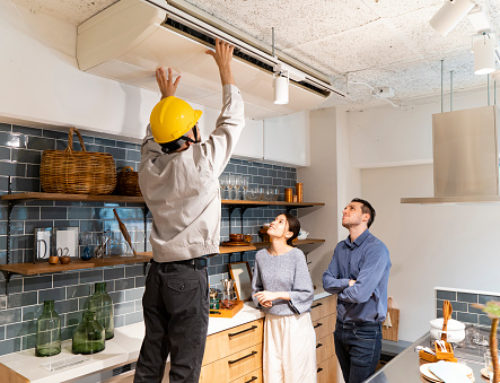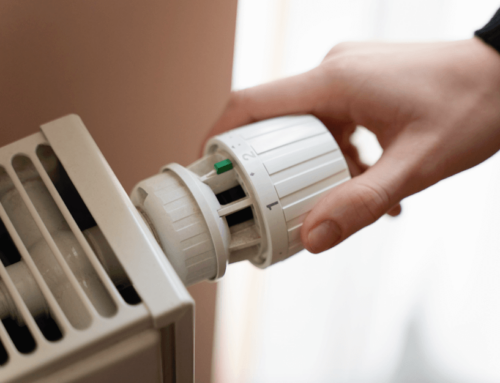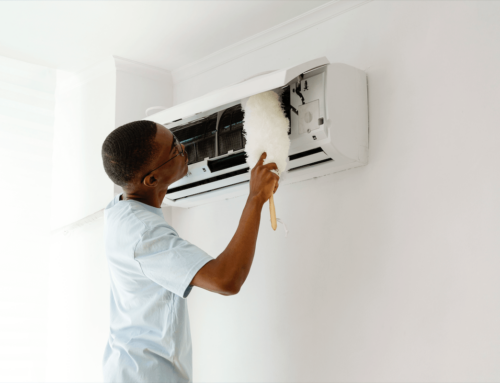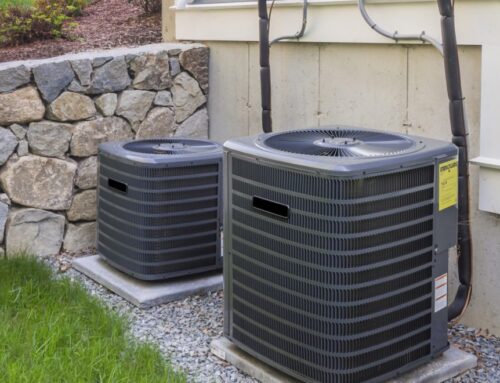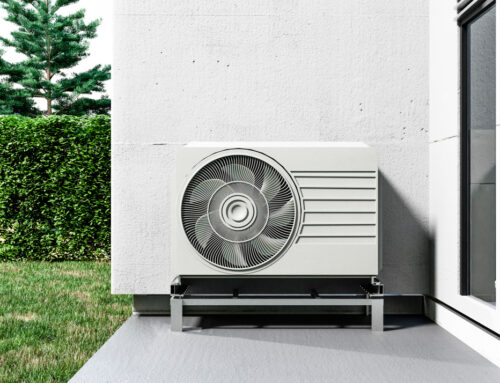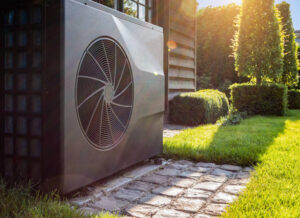
Incorporating a heat pump into your home is one of the most cost-effective, energy-efficient and environmentally friendly ways to meet your heating and cooling requirements. With the market flooded with different types of heat pumps, choosing the one that suits your heating and cooling needs, price range and climate can be challenging. Therefore, to make the right choice, it’s essential to learn as much as possible about these heating, ventilation and air conditioning (HVAC) systems before your purchase.
What You Need to Know About Heat Pumps
Here are the most important points to keep in mind when you think about heat pumps:
Operation
A heat pump is a heating and cooling system that transfers heat from one location to another. It works much like a conventional air conditioner – the only difference is that it also generates heat. Heat pumps require a refrigerant cycle to absorb heat from a high-temperature source, mainly air or ground, and transfer it indoors. This system is typically installed outside the house.
Types of Heat Pumps
There are various types of heat pumps, including air-source, water-source and ground-source heat pumps. Air-source heat pumps use outdoor air as a thermal energy source to heat the home. They’re relatively easy to install and are well-suited for mild-to-moderate climates.
Ground-source heat pumps rely on geothermal heat. They operate effectively in all climates and are more efficient than air source heat pumps; however, they’re more expensive to install.
Meanwhile, water source heat pumps harness the energy stored in water – whether from surface, ground, sea or sewage water. The heat pump pulls heat from the water and releases it for cooling and heating.
Climate Conditions
Heat pumps are most effective in specific climates, and not all models suit all weather. In moderate temperatures, heat pumps can provide efficient heating and cooling year-round. However, heat pump efficiency can decrease in extremely hot or cold weather. For example, the efficiency of air-source heat pumps may decline in severely cold conditions, making them less effective because they rely heavily on heat from the outside air to provide heat indoors.
Energy Efficiency
Heat pumps are more efficient than conventional heating systems like furnaces or boilers. Because they use energy to transfer heat from one place to another rather than create it, they can produce up to 15 times more energy than they use.
A heat pump system’s efficiency is quantified by its coefficient of performance (CoP). The higher the CoP, the more efficient the system is and the less energy it consumes. While this can cause significant energy savings and lower heating costs, variables such as the climate, the size of your house and the installation quality can impact a heat pump’s performance.
Cost-effectiveness
Heat pumps can be cost-effective in the long run, as they consume less energy and require less maintenance than traditional heating systems. In terms of energy costs, heat pumps use less energy to generate the same amount of heat, which can result in lower heating bills. They also require less maintenance than traditional heating systems, as they have fewer moving parts and don’t use fuel that needs to be burned, such as oil or gas. However, regular maintenance is still necessary to ensure that your heat pump continues to operate effectively.
Are You Looking for Heat Pumps in Canada?
If you’re interested in purchasing a heat pump, contact Canada HVAC.
We are an online retail store offering clients high-quality HVAC products, including heat pumps, furnaces, air conditioners and many other products. Our specialized team has over 30 years of industry knowledge and can help you choose a unit to meet your needs and environment. We also collaborate with local licensed and vetted HVAC contractors to offer reliable, cost-effective installation.
Call us at 833-226-4822 or fill out our contact form to request a quote.

